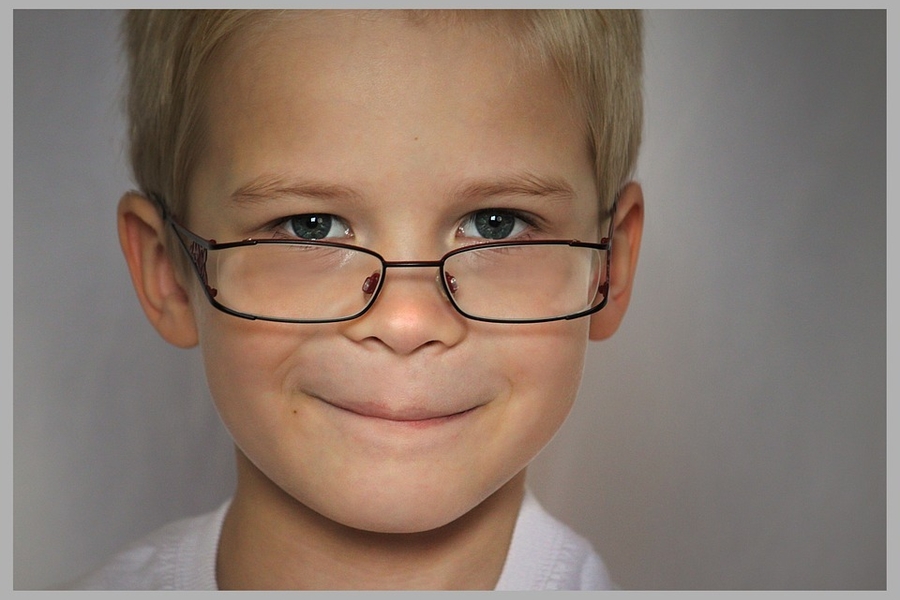
Which Among The Seven Intelligences Does Your Child Demonstrate?
6 Apr 2018 | 3 min Read
Kuhoo Gupta (The K Junction)
Author | 101 Articles
Do you think academic excellence is the only way to decide how intelligent a child is? Do you wonder why your child does not sit in one place and read a book while your neighbour’s child spends 30 minutes sitting and reading? Do you wonder why your child is more interested in jumping around on the floor or in the garden while your friend’s child plays a musical instrument happily?
Do you know why one-size-fits-all approach to education invariably falls apart in reality?
Perhaps the theory of multiple intelligences should help you find some answers to understand what kind of intelligence your child possesses in abundance and how to nurture them.
The theory of multiple intelligences was developed in 1983 by Dr. Howard Gardner, professor of education at Harvard University. Gardner identified seven distinct intelligences. According to him, all humans are able to learn, understand, know & explore the world through language, logic, spatial representation, musical thinking, use of the body, an understanding of other individuals, and an understanding of selves. Every individual has different strengths of these intelligences and we combine them in different ways to carry out our everyday tasks.
The theory suggests that the traditional notion of intelligence, based on I.Q. testing, is far too limited. There are at least seven ways (“intelligences”) through which people understand and perceive the world. These intelligences may not be exhaustive. The learning styles are as follows –
- Musical-rhythmic and harmonic intelligence (“music smart”) – show sensitivity to rhythm, sound, tones, music & melody. They may study better with music in the background. They can be taught by turning lessons into music. People with a high musical intelligence normally have a good pitch sense and are able to sing, play musical instruments and compose music.
- Verbal Linguistic intelligence (“word smart”) – use words effectively. These learners have highly developed auditory skills. They like reading, word games, poetry and stories.
- Logical-mathematical intelligence (“number/reasoning smart”) – reasoning and calculating. These learners think conceptually, abstractly and are able to see and explore patterns and relationships. They like puzzles, logic games, ask lot of questions.
- Visual-Spatial intelligence (“picture smart”) – think in terms of physical space. These learners like to draw, imagine, do jigsaw puzzles, read maps, and daydream. They can be taught through drawings, imagination & fantasy!
- Bodily-Kinesthetic intelligence (“body smart”) – use the body effectively and have a keen sense of body awareness. They are good at physical activities such as hands-on learning, acting, role play, sports, dance, acting, and making things.
- Interpersonal intelligence (“people smart”) – understanding, interacting with other people. They are sensitive to others’ moods, feelings, temperaments, motivations. They communicate effectively and empathize easily with others & learn through social interactions & group activities.
- Intrapersonal intelligence (“self smart”) – have a deep understanding of their own self, their interests & goals, their strengths or weaknesses and are able to predict their own reactions or emotions. They have wisdom, intuition, motivation, a strong will, confidence and opinions. They are independent learners.
Let us all go back & identify which intelligence is higher/dominant in our child & make efforts to nurture that intelligence instead of striving for academic excellence. Academic success will automatically follow.
Also read: 5 Ways To Introduce Music To Your Kids At Home
Explore the entire collection of articles: Parenting Gyaan
A


Related Topics for you
Suggestions offered by doctors on BabyChakra are of advisory nature i.e., for educational and informational purposes only. Content posted on, created for, or compiled by BabyChakra is not intended or designed to replace your doctor's independent judgment about any symptom, condition, or the appropriateness or risks of a procedure or treatment for a given person.
